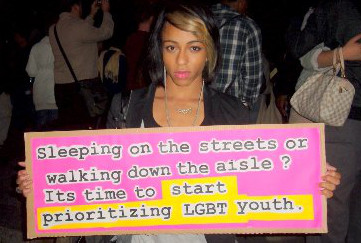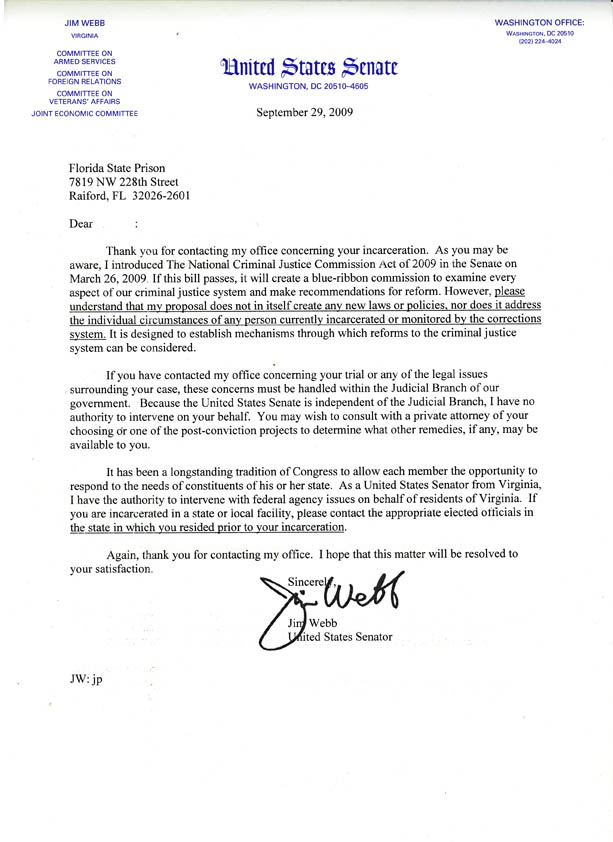
The Hidden Epidemic: An update on Amerikkka's homeless LGBT Youth

“[A]s societal advancements have made being gay less stigmatized and gay people more visible – and as the Internet now allows kids to reach beyond their circumscribed social groups for acceptance and support – the average coming out age has dropped from post-college age in the 1990s to around 16 today, which means that more and more kids are coming out while they’re still economically reliant on their families. The resulting flood of kids who end up on the street, kicked out by parents whose religious beliefs often make them feel compelled to cast out their own offspring, has been called a ‘hidden epidemic.’”
According to the Equity Project, leaving home because of family rejection is the single greatest predictor of involvement with the juvenile-justice system for LGBT youth.
Research done by San Francisco State University’s Family Acceptance Project, which studies and works to prevent health and mental health risks facing LGBT youth, empirically confirming what common sense would imply to be true: highly religious parents are significantly more likely than their less-religious counterparts to reject their children for being gay.
LGBT people make up roughly five percent of the youth population in the U.$., overall, but an estimated 40 percent of the homeless youth population – an estimation that may be far too low considering that many homeless youth may not openly identify themselves as LGBT when seeking services.
The Center for American Progress has reported that there are between 320,000 and 400,000 homeless LGBT youths in the United $tates. The National Incidence Studies of Missing, Abducted, Runaway and Thrownaway Children put the number of homeless youth at 1.7 million. (Across the country there are only 4,000 youth-shelter beds, overall). Approximately one in five LGBT youth are unable to secure short-term shelter, and 16 percent could not get assistance with longer-term housing – figures that are almost double those of their non-LGBT peers.
For LGBT kids who remain homeless, the stakes are clearly life and death: they are seven times more likely than their straight counterparts to be the victims of a crime; studies have shown they are more than three times more likely to engage in survival sex – for which shelter is the payment more often than cost. And every four hours a homeless LGBT youth dies in the streets, whether it be from freezing to death, a drug overdose, or assault.
The summer that marriage equality passed in New York, the number of homeless kids looking for shelter went up 40 percent, reported the Ali Forney Center – the nation’s largest organization dedicated to homeless LGBT youth. Tragically, every step forward for the gay rights movement creates a false hope of acceptance for certain youth, and therefore a swelling of the homeless youth population. Up to 40 percent of LGBT homeless youth leave home due to family rejection.
Amerikkka’s homeless LGBT youth is its hidden epidemic. Of the $5 billion the U.$. government spends on homeless assistance programs every year, less than five percent of that is allocated for homeless children, specifically. Amerikkka’s homeless youth, in general, is its next true plague.
MIM(Prisons) responds: This comrade provides some useful data on homelessness and queer youth and exposes a tragic consequence of gender oppression for these youth. We do not, however, agree with the author’s conclusion that homeless LGBT youth are a hidden epidemic in the United $tates. Especially not with the implication that the U.$. government should spend more money on homeless assistance, as if the imperialist government can help end a problem that they created.
We don’t like to look at problems like homeless LGBT youth in isolation as a “hidden epidemic” because this encourages an analysis of such issues in isolation, and suggests that we should tackle them directly and Amerika will be able to find a solution if only the epidemic is exposed. While the United $tates certainly has enough money to eliminate homelessness, the reality of homelessness in the United $tates is a tragic byproduct of imperialist decadence and individualism. The imperialist system exists to enrich the oppressors, at the expense of the oppressed. And if a few citizens suffer or die in the process, that’s not really a problem for the Amerikans in charge. While the vast majority of Amerikan citizens are benefiting as either oppressor nation (white) or beneficiary class (petty bourgeoisie), or both, there are those who society does not bother to help. Most homeless are cast off because they are part of oppressed groups: gender (including health status) and nation play a big role here, and this is what’s behind much of the homelessness of LGBT people.
We should expose the vast problem of homelessness in the United $tates, as it is an embarrassing and clear example of a wealthy country that doesn’t even care about the lives of its own citizens. Other less wealthy countries do a better job addressing homelessness (i.e western Europe, some Asian countries), so it could be solved within the structure of imperialism, but only for the citizens affected. The many people in the Third World who are permanently without home and living in poverty because of the exploitation and plunder of imperialist Amerika are the truly hidden homeless.
We should point out, as this author does, that gender oppression is playing a significant role in LGBT youth ability to survive, and this is something we must fight. Both of these elements of the homeless LGBT youth issue are symptomatic of imperialism. And so rather than rally people for more government attention to homelessness in Amerika, we should focus on the root cause of global homelessness and organized to overthrow imperialism.








